Organizational accounts required to update biometrics
This morning (May 26), the State Bank of Vietnam (SBV) held a press conference to announce the event of Digital Transformation Day for the Banking Industry in 2025. In addition to information about the digital transformation process of the banking industry, Mr. Pham Anh Tuan - Director of the Payment Department (SBV) - shared many solutions of the SBV in the context of increasing cybercrime with unpredictable developments.
"In addition to applying high technology in providing banking products and services, criminals also apply high technology including artificial intelligence, machine learning, and deep learning to fraud tricks," Mr. Tuan raised the issue.
Therefore, the responsibility of the State Bank is to regularly review and perfect the institution. Legal documents are issued more and more strictly and comprehensively.
The representative of the State Bank of Vietnam gave the example of Circular 17/2024, effective from July 1, 2024, regulating the opening and use of payment accounts of organizations and individuals at payment service providers.
One of the notable regulations is the element of collecting biometric information in account transactions. Customers who want to transact online must provide biometrics. Customers who do not need to transact online will be compared with the national population database when transacting at the counter.
Mr. Pham Anh Tuan stated that Project 06 has helped the banking industry clean data, compare and verify population data, and identify account owners. Currently, there are over 200 million accounts but only 113 million account records have been compared. In fact, tightening personal accounts has caused criminals to switch to opening organizational accounts operating as individual business households to commit fraud.
Therefore, the Director of the Payment Department said that in the near future, the State Bank of Vietnam will revise Circular 17 to further tighten regulations on corporate accounts. Corporate accounts will require business owners to appear at the credit institution, and will not accept opening by mail or authorization. Biometrics will be applied to all individuals and organizations when opening accounts to ensure genuine transactions and use verification technology.
In addition, Mr. Tuan said that when customers transact at the counter, they bring their ID to transact according to the new regulations, it will be checked by technology equipment instead of the subjective feelings of the transaction officer as before.
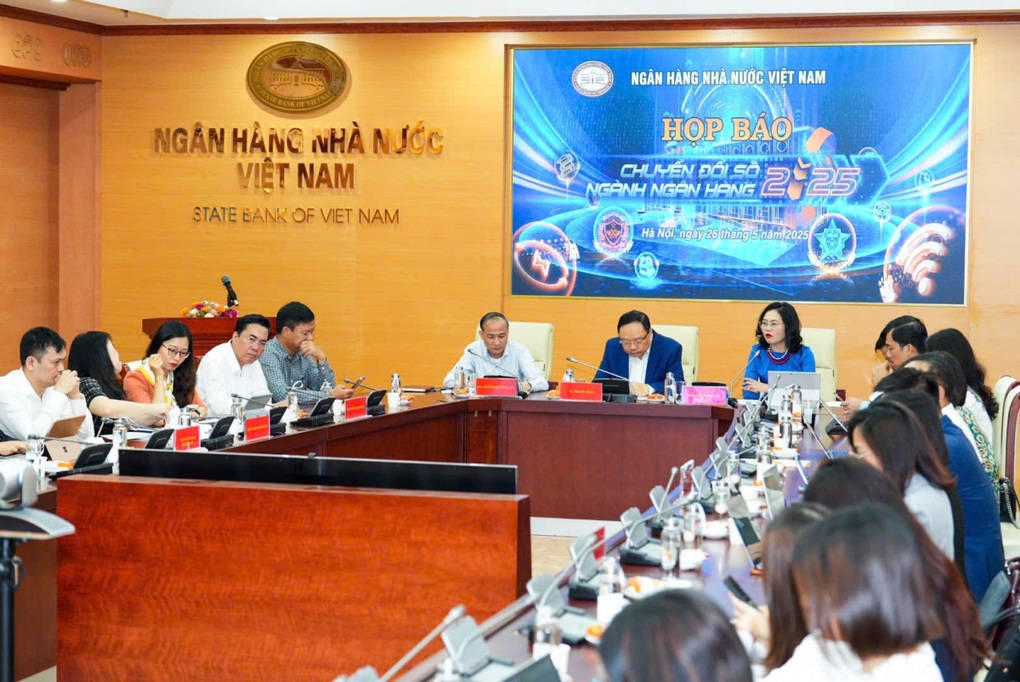
Press conference to announce the event "Digital transformation of the banking industry by 2025" (Photo: Tran Ngoc).
Expected tightening of household business accounts
Sharing more about the biometric regulation for organizational accounts, Director Pham Anh Tuan revealed that the expected subjects of application are newly established organizational accounts within 6 months or 9 months, when conducting online transactions, they will have to use biometrics like individual customers. The regulation will focus on customers who open organizational accounts but operate as individual business households.
A representative of the State Bank of Vietnam said that this regulation is in the process of drafting and collecting opinions from credit institutions and the people. However, the general spirit is that it will not affect businesses that are operating legally.
Mr. Tuan gave an example of Circular 17, which stipulates that it applies to all businesses, but this draft circular will exempt companies on the list of 500 largest businesses, companies listed on the stock exchange, corporations, general companies, etc.
According to the State Bank, currently over 55% of corporate accounts have been biometrically verified and the collection will continue to be implemented. Collecting biometric information is not difficult, just transfer information from the personal account of the business representative that has been biometrically authenticated.
The Director of the Payment Department said that for organizational accounts that do not have biometric authentication, transactions can still be made at the counter. Therefore, this regulation does not cause congestion or affect businesses.
Prohibit the use of aliases when trading
Another solution that the State Bank plans to apply is to prohibit the use of aliases in transactions. This has been proposed by the Ministry of Public Security . Accordingly, the use of aliases causes a lot of misunderstanding for money transferers. For example, an individual opens an organization account and then sets an alias such as corporation, multinational, global but in reality it is a fraudulent organization.
The State Bank of Vietnam said that some credit institutions have been taken advantage of this, and the police have filed a petition. Consumers have also complained about misunderstandings when transacting through aliases, causing damage. The new circular will not allow aliases but must be specific bank account numbers to conduct online transactions.
In addition, this agency is building a database of suspected fraudulent accounts and in the near future, major banks will soon pilot this service. BIDV Bank is the first unit to pilot it from April 1. Up to now, over 100 billion VND in customer accounts have been retained through suspicious account warnings.
Mr. Tuan stated that in June and July, Vietcombank, Vietinbank, MB, and Agribank will deploy suspicious account warning services. Specifically, when customers transfer money on applications to accounts on the list of suspected fraud, they will receive a warning.
A representative of the State Bank of Vietnam said that after implementing this service with 5 major banks, it will be deployed throughout the industry. It is expected that the system to monitor payment accounts and e-wallets suspected of fraud and counterfeiting (SIMO) will officially operate from July 31.
He also noted that this circular amendment will add a provision for regularly updating the inventory of accounts suspected of fraud. Accordingly, accounts after verification will be removed from the list so as not to affect the rights of individuals and organizations.
Source: https://dantri.com.vn/kinh-doanh/loat-giai-phap-khien-toi-pham-het-cua-lua-dao-trong-ngan-hang-20250526123037590.htm






![[Photo] Hungarian President and his wife take a walk and enjoy the view of Hoan Kiem Lake](https://vphoto.vietnam.vn/thumb/1200x675/vietnam/resource/IMAGE/2025/5/28/b9c83fbe6d5849a4805f986af8d33f39)
![[Photo] Hungarian President begins official visit to Vietnam](https://vphoto.vietnam.vn/thumb/1200x675/vietnam/resource/IMAGE/2025/5/27/ab75a654c6934572a4f1a566ac63ce82)
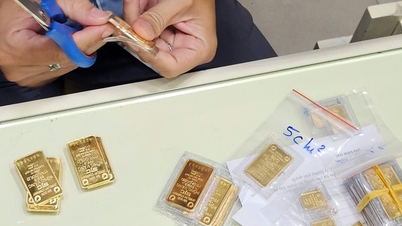

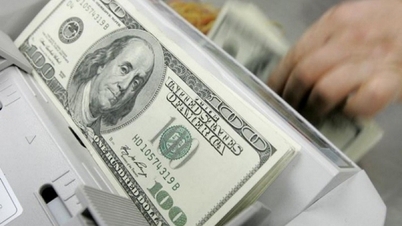

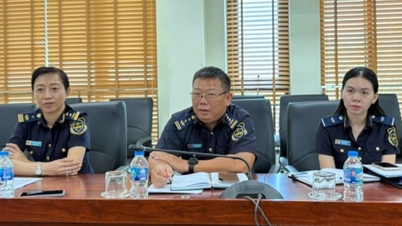

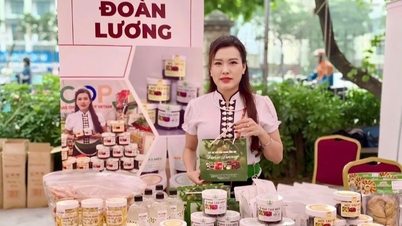
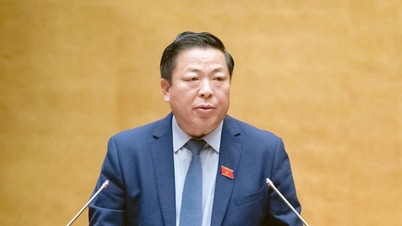
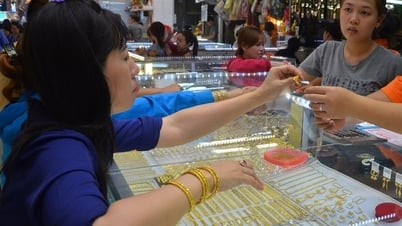






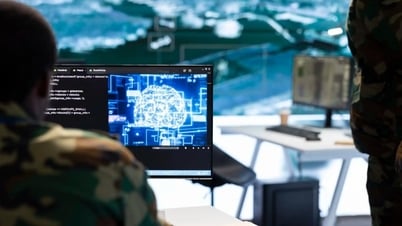
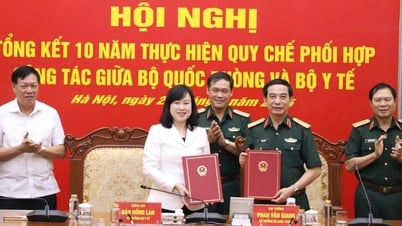


![[Photo] Vice President Vo Thi Anh Xuan, French President Emmanuel Macron and his wife visit Hanoi University of Science and Technology](https://vphoto.vietnam.vn/thumb/1200x675/vietnam/resource/IMAGE/2025/5/27/267b6f2bdf3e46439f081b49f6ec26b1)


















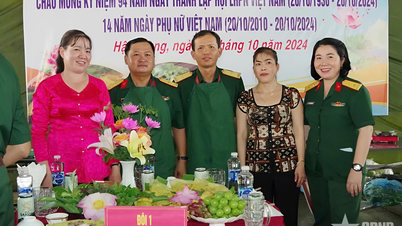








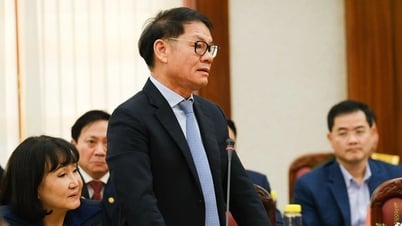







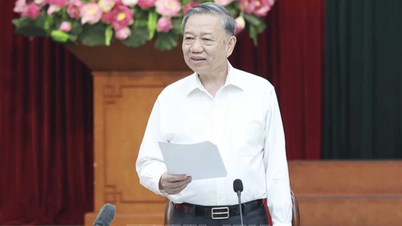


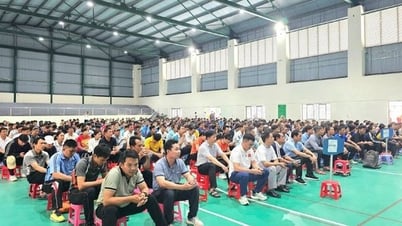
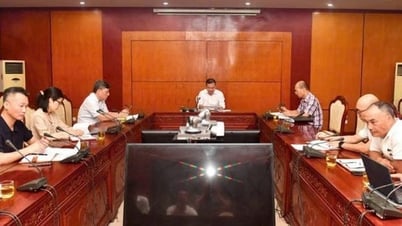
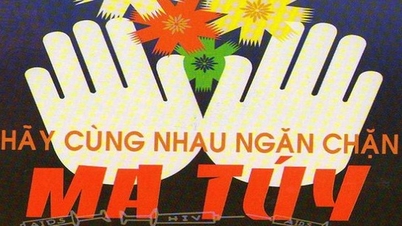
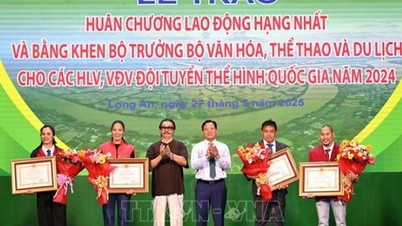




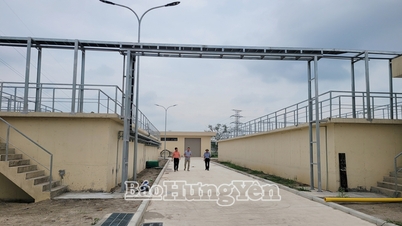





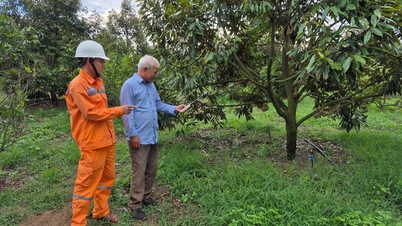

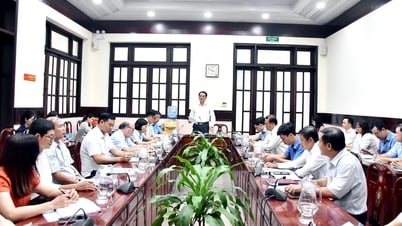
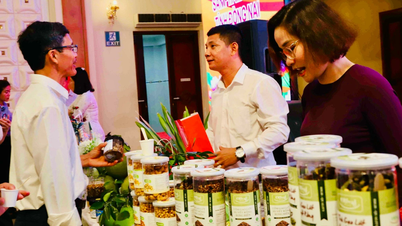

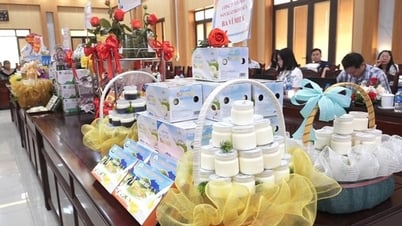





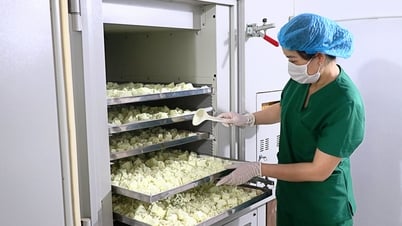

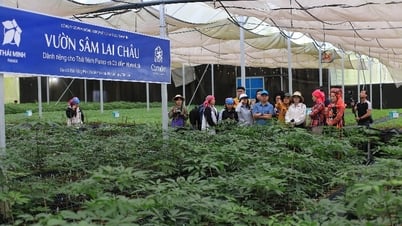

Comment (0)